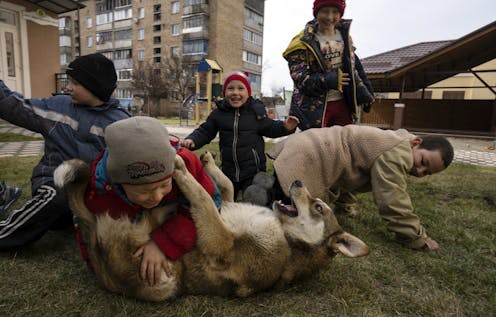how a 1970s poetry collection, The Honey of Man, still brings hope in grim times
- Written by Jen Webb, Dean, Graduate Research, University of Canberra

For decades, researchers have investigated what reading affords us, whether “us” means individuals or communities[1]. Their research points to the benefits reading offers in terms of physical and mental health[2], education[3], and, perhaps most of all, empathic attunement to other people, and to other times, places, cultures and traditions[4].
Those of us who read, whether for recreation, research and study or because it is the centre of our lives, might agree in principle that reading is “good for us”, but few find it easy[5] to elucidate precisely what benefits we gained from spending hours immersed in an imaginary world filled with what Roland Barthes called “paper beings”[6]. And yet we keep doing it.
I am one of that community of readers, but still, right into my adolescence, the majority of my reading was of works originally written in English, or translated from Western European languages; of works that were mostly written by men, and by those whose names were securely in the literary canon.
That was, until my birthday in 1975, when my mother gave me, hot off the press, an anthology titled The Honey of Man (edited by David Holbrook and Christine McKenzie). The book takes its name from Denise Levertov’s “Second Didactic Poem”, which starts: “the honey of man is / the task we’re set to: to be / ‘more ourselves’ in the making”.
As the poem unscrolls, it sets the tone for a collection that sometimes casts a harsh light on human cruelties and stupidities, but never falls into hopelessness or helplessness.
Read more: The book that changed me: how H.H. Finlayson’s The Red Centre helped me see country – and what we have done to it[7]
There are 107 works in total in the collection, in 122 section-stitched[8] pages encased in a soft cover that could, surely, only have been designed in the 1970s.













